Your cart is currently empty!
Tag: NaturalFertilizers
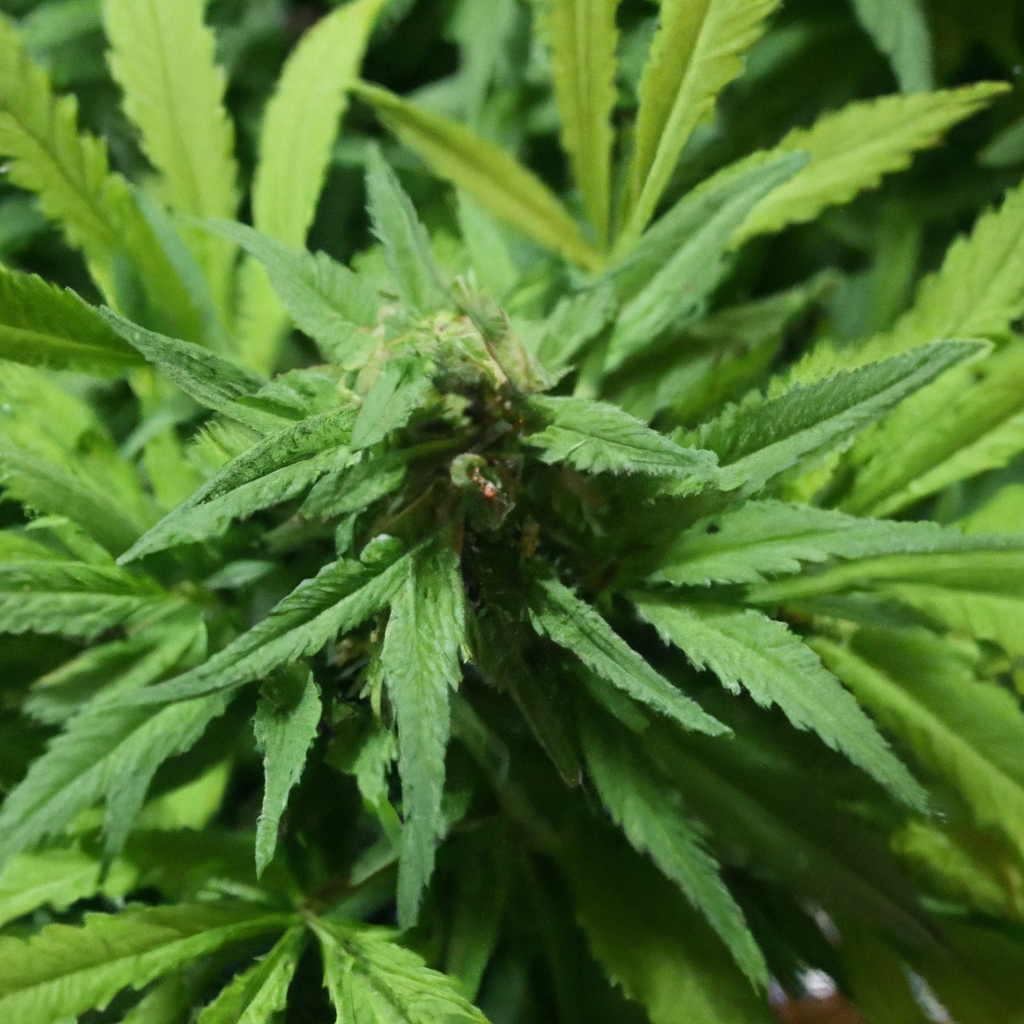
In the cannabis cultivation realm, organic growing methods are becoming increasingly popular as eco-conscious and health-focused consumers drive demand for more natural products. This guide delves into essential organic practices, including the use of natural fertilizers, compost, and sustainable pest control. Building a thriving soil ecosystem through composting, cover crops, and mulching is vital. Natural…

In a world focused on sustainability and health, organic cannabis cultivation offers an eco-friendly approach for growers seeking to reduce environmental impact and provide cleaner products. Emphasizing healthy soil ecosystems through compost, cover crops, and mulching, organic methods rely on natural fertilizers like animal and plant-based sources, minimizing the use of synthetic chemicals. Effective pest…

Organic cannabis cultivation is gaining traction as growers recognize the benefits of natural methods, producing premium cannabis while enhancing environmental health. This guide outlines best practices, emphasizing healthy soil ecosystems, sustainable natural fertilizers, and eco-friendly pest control. Key points include using compost, beneficial microbes, and organic fertilizers like fish emulsion and worm castings. Organic practices…

Discover the benefits of organic cannabis cultivation, which combines environmental sustainability with producing cleaner, higher quality products. Learn to enhance soil health through composting, cover crops, and beneficial microbes while utilizing natural fertilizers like bone meal, fish emulsion, and seaweed extract. Manage pests with eco-friendly methods, including neem oil, companion planting, and insecticidal soaps. Embrace…
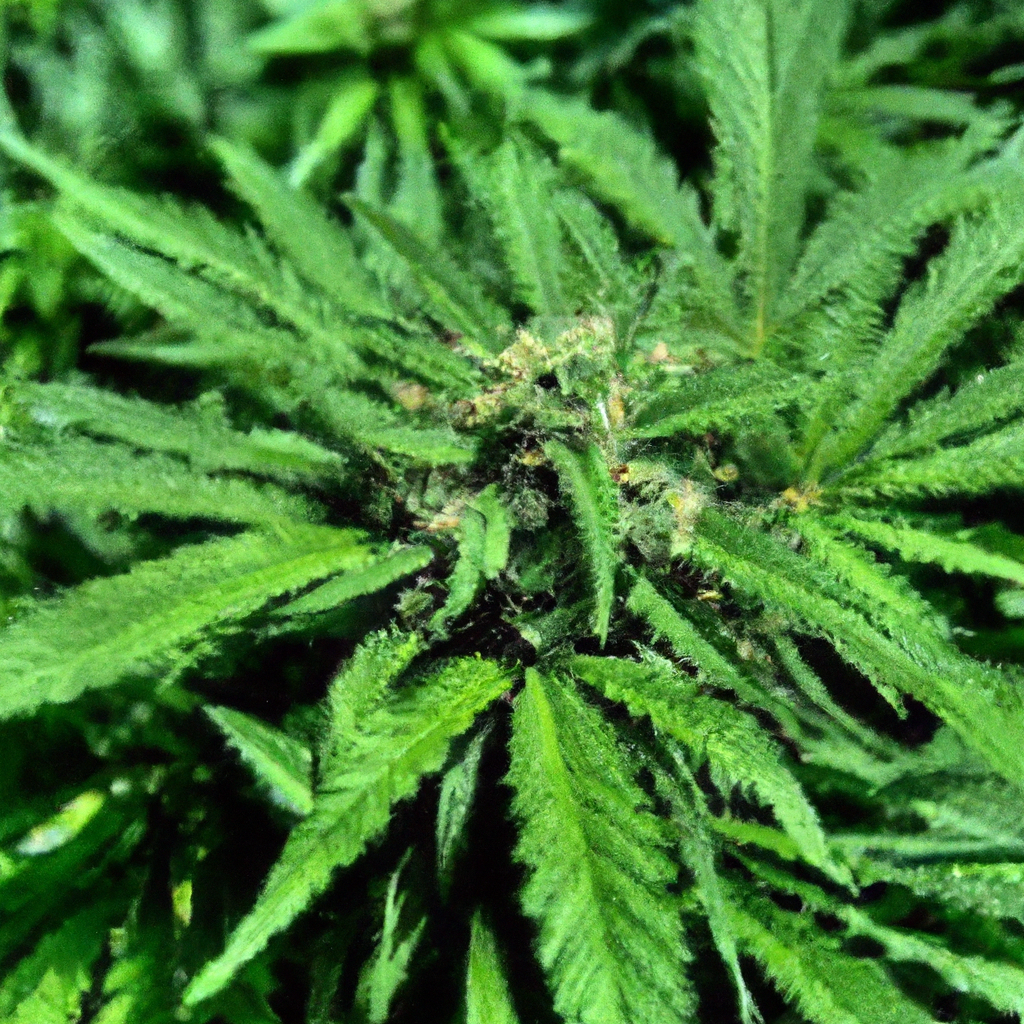
Organic cannabis cultivation is gaining popularity as growers seek sustainable practices that benefit both the environment and consumers. This guide covers key aspects, including enhancing soil health with compost, using natural fertilizers like bone meal and fish emulsion, and employing eco-friendly pest control methods such as neem oil and companion planting. By adopting organic techniques,…
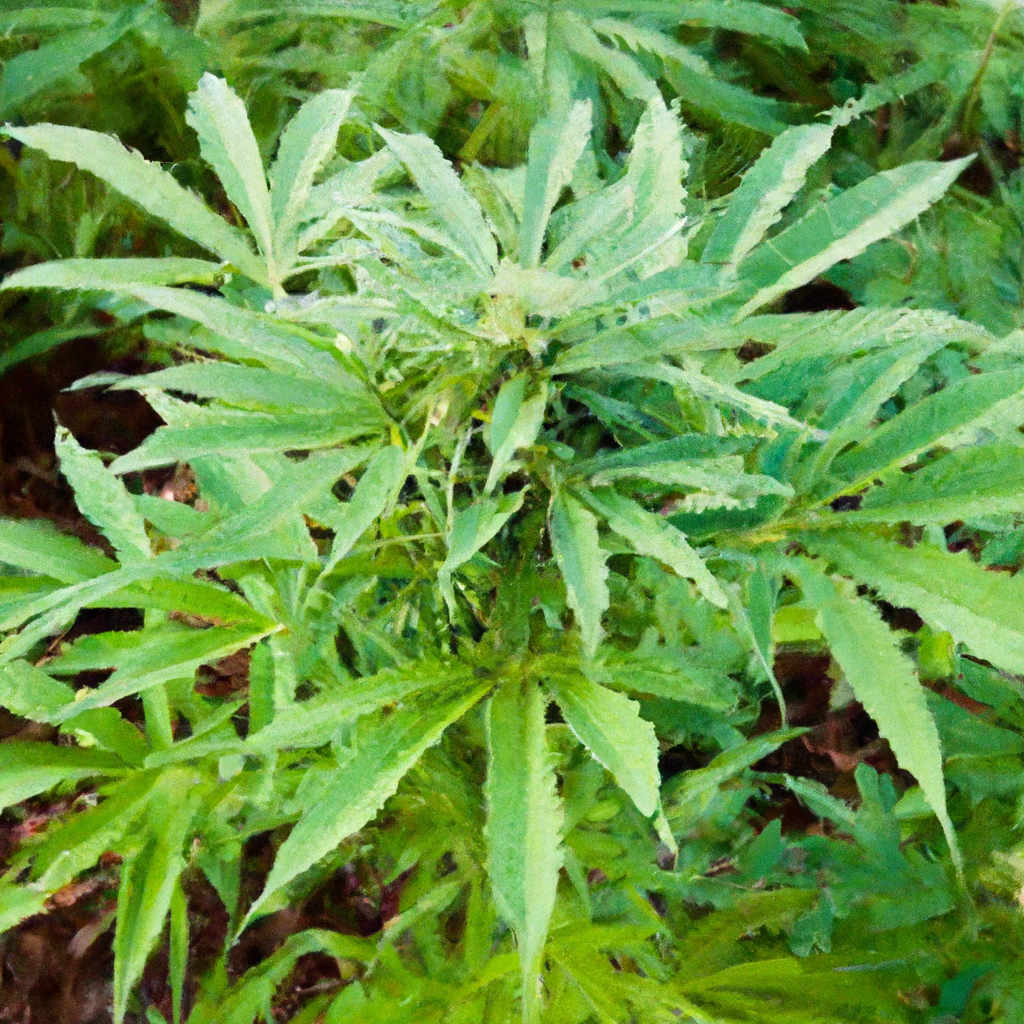
The demand for sustainably grown, organic cannabis is increasing as consumers become more eco-conscious. Organic cultivation enhances product quality and safety while benefiting the environment. Key practices include building a healthy soil ecosystem with compost and cover crops, using natural fertilizers like worm castings and fish emulsion, and employing eco-friendly pest control with neem oil…
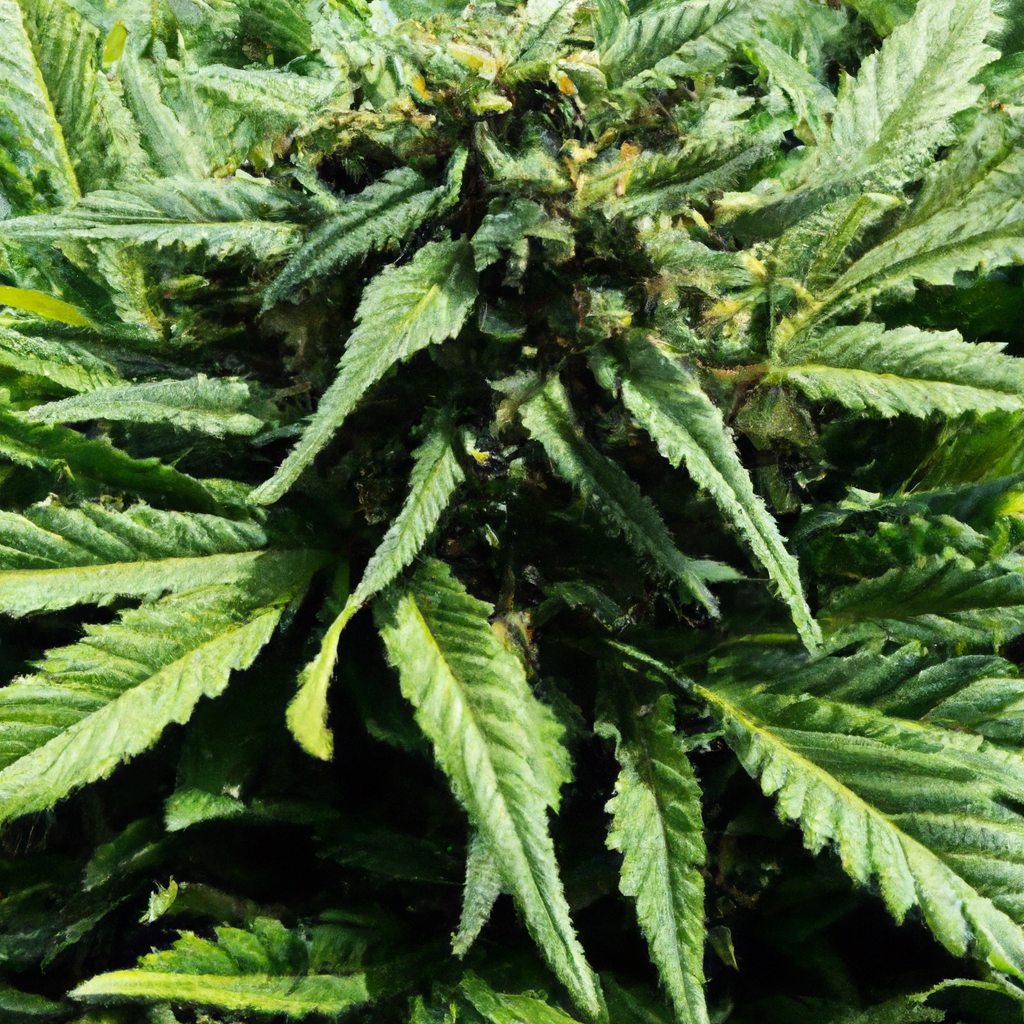
Discover the benefits of sustainable organic cannabis cultivation through natural fertilizers, composting, and eco-friendly pest control methods. This guide emphasizes building a healthy soil ecosystem, avoiding synthetic chemicals, and fostering long-term sustainability. By using compost, cover crops, and natural fertilizers like fish and seaweed, growers can enhance soil fertility and plant growth. Organic pest control…
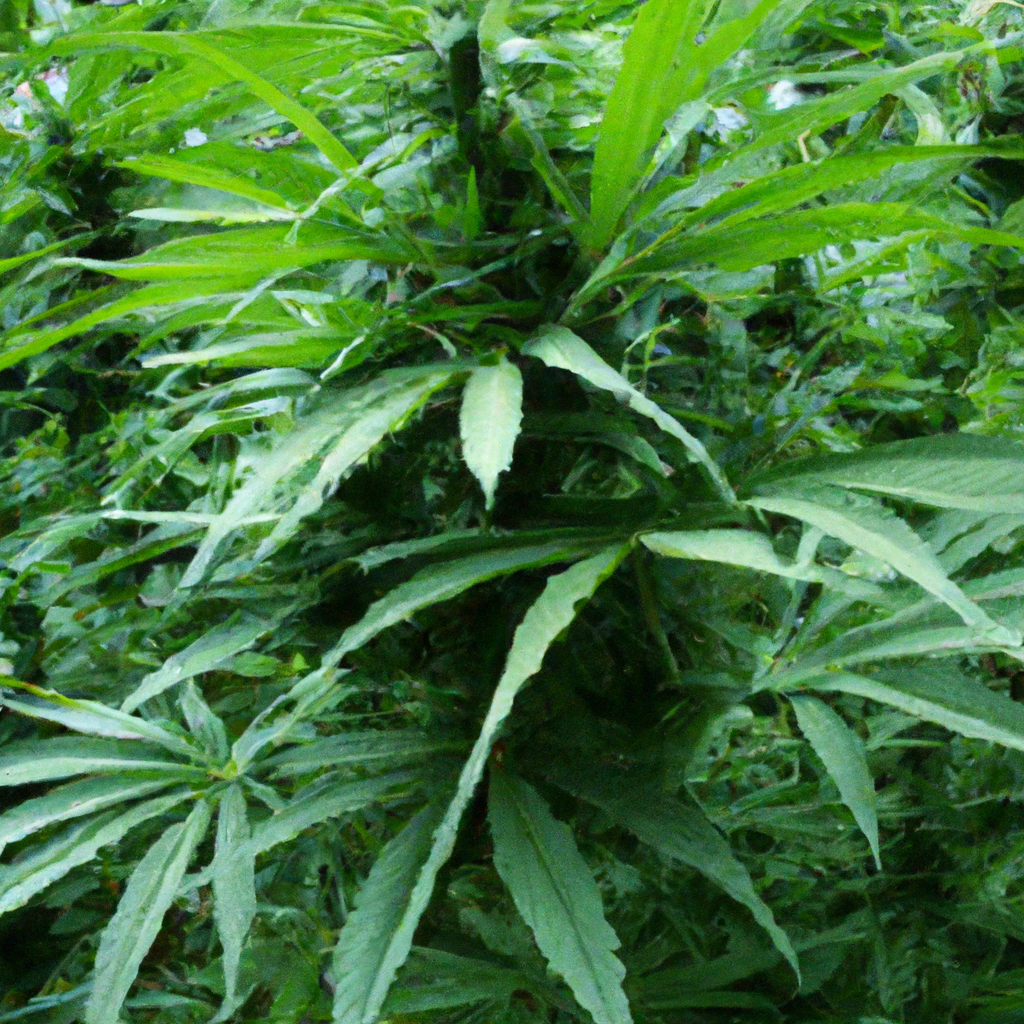
As the demand for sustainable practices rises, the cannabis industry has embraced organic cultivation for its environmental and health benefits. This approach prioritizes healthy soil ecosystems using compost and mycorrhizae, natural fertilizers like worm castings, and eco-friendly pest control methods such as beneficial insects and neem oil sprays. Water conservation is achieved through rainwater harvesting…

As the cannabis industry expands, organic practices emphasizing sustainability, health, and environmental responsibility are gaining traction among consumers and cultivators. This guide explores the benefits of organic cannabis cultivation, highlighting practices like natural fertilizers, soil health enhancement, and eco-friendly pest control. By focusing on the creation of healthy soil ecosystems and using natural amendments such…
Embracing organic cannabis cultivation benefits both the environment and product quality by yielding a rich, additive-free product. Key practices include fostering healthy soil ecosystems with compost, cover crops, and mulch, using natural fertilizers like fish emulsion and bone meal, and employing eco-friendly pest control methods such as companion planting and neem oil. Sustainability extends to…
